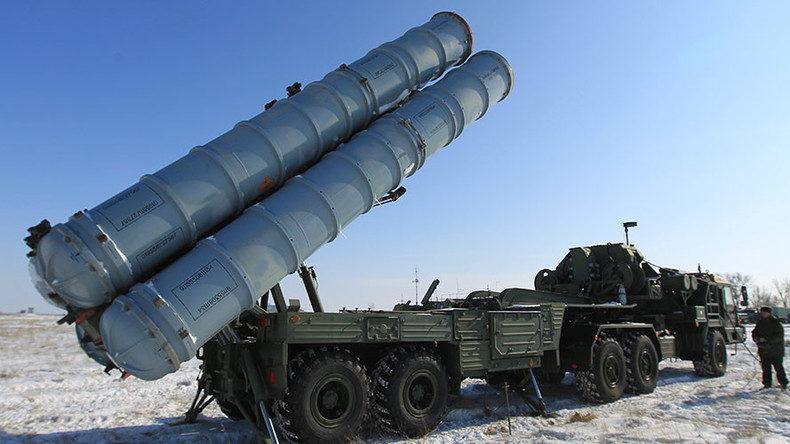
Saudi Arabia has held discussions with Russia over possible purchase of S-400 and Pantsir-S air defense systems as U.S. supplied air defense systems have been largely ineffective against Yemeni missiles and drones fired at Saudi targets.
“It was not a bluff, indeed, contacts were made, and the issue was discussed. There is always a chance,” Vyacheslav Dzirkaln, deputy general director for foreign economic activity of the Almaz-Antey VKO concern, told Interfax when asked if Saudi Arabia was considering Russian-made missile systems.
Dmitry Shugaev, head of the Federal Service for Military-Technical Cooperation (FSMTC of Russia) hinted at the possible Saudi-Russia contract in March this year. “The attacks on Saudi facilities have increased in frequency. And recently, an export oil port was exposed. They are thinking about it seriously,” Shugaev said in an interview with the Russia 24 TV channel (VGTRK), adding that the Gulf country “can potentially purchase” S-400 and Pantsir anti-aircraft systems.
Also Read: Russia Offers S-400s To Saudi After Houtis Set Oil Facility Ablaze
Russia estimates that modernization of Soviet and Russian-made air defense systems previously supplied abroad is could roughly add up to $15 billion. “Many countries with limited budgets are ready to go for modernization, while others prefer to buy modern complexes. It depends on the buyer, its goals, objectives and financial capabilities,” Vyacheslav Dzirkaln, deputy general director for foreign economic activity of the Almaz-Antey concern said today.
